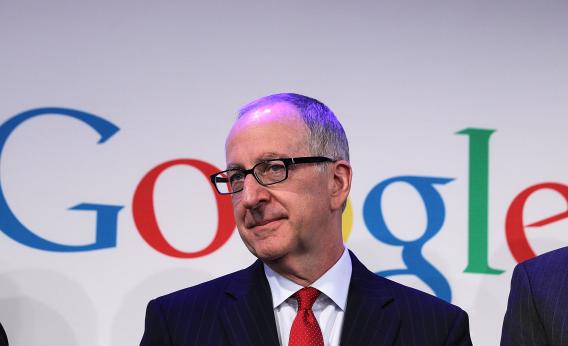I loved Farhad Manjoo’s two-part series on the Google Fiber project in Kansas City. As he tells it, it’s totally amazing but not completely clear what you can even do with it but also part of a potentially savvy long-term strategy from Google.
It reminded me of Chapter 12 of Keynes’ General Theory which is simultaneously one of the most important essays in the history of economics and one of the most accessible because nobody’s succeeded in modeling it with lots of advanced math. The chapter is about “the state of long-term expectations” but the key theme is really risk versus uncertainty. Risk is measured odds, uncertainty is the unknowable vagaries of fate. Verizon Fios is an exercise in investment risk, and Google Fiber is an exercise in uncertainty.
To think about Fios you really need a bunch of boring spreadsheets. How much will it cost us to build it out in this city? How many customers do we expect to gain from shifting from offering a worse-than-Comcast Internet package to a better-than-Comcast Internet package? What’s our average revenue per customer? How fast is this city growing in terms of income and population? You have some estimates, you have a projected return on investment and then you need to try to consider opportunity costs. At the end of the day, does this look better or worse than paying more dividends or carrying less debt? But of course you can’t know for sure. There are risks.
Google Fiber is different. As Manjoo says, the project in Kansas City “only makes sense if you think about it on the grandest scale—as the first step in a path toward revolutionizing American broadband.” And there’s just no way to know if it will work.
What I do think we can know is that we’re better off as a country and as a planet when profitable companies like Google are more inclined to engage in the sort of high animal spirits behavior that leads them to undertake highly uncertain investments like Google Fiber or the Google driverless cars. These are special kinds of investments that don’t necessarily make a ton of sense. Not that they’re bad investments exactly, but you’d have a hard time sketching out for some bean counters a precise argument about why this is creating more value for shareholders than some other investment. But Google is controlled by its founders, has a certain corporate culture, and apparently the animal spirits are high in Mountain View. Most companies are more timid. Microsoft and Apple aren’t building driverless cars. Exxon hasn’t launched a blue sky research program to build the world’s greatest battery as a hedge against the possible decline of liquid fuels. Verizon and AT&T aren’t building gigabit fiber-to-the-home lines. And perhaps they’re all right to be boring. But it’d be better for the world if there were more of the spirit of Google out there.
